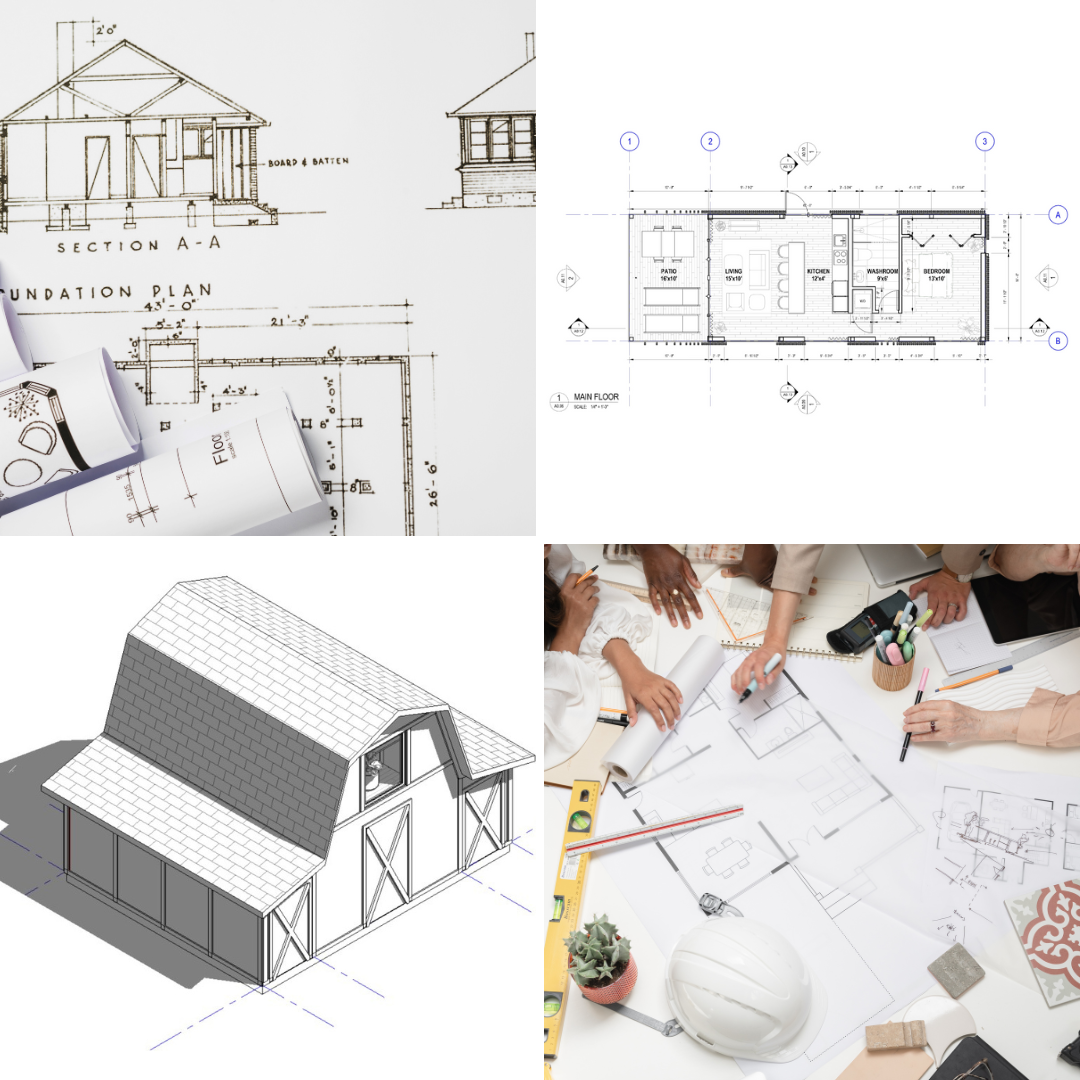
DIY vs. Hiring a Professional: What’s Best for Your Home Design Project?
Share
When it comes to home design projects, the debate between tackling them yourself and hiring a professional is as old as the hammer and nail. With the wealth of online tutorials and resources, it might be tempting to channel your inner DIY enthusiast and dive right in. But at what point do you step back and consider bringing in an expert? Do You Need an Architect to Design Your Home? Here’s the Answer.
Whether you’re remodeling a single room or planning a full-scale renovation, understanding the pros and cons of DIY versus professional help can save you time, money, and headaches. For a more in-depth comparison, check out DIY Home Renovations vs. Hiring a Pro: Everything You Need to Know, which breaks down the critical aspects of each approach to help you make a well-informed decision.
In this blog, we’ll dive into three key factors to consider when deciding between DIY and professional assistance: cost, expertise, and project complexity.
1. Cost Considerations: Budgeting for Success
One of the most significant factors influencing your decision is cost. At first glance, DIY projects often appear to be the more affordable option. After all, you’re cutting out labor costs and potentially sourcing materials at a discount. However, the true cost of a DIY project goes beyond the price tags on tools and materials.
Hidden Costs of DIY
While DIY may seem budget-friendly, hidden costs can quickly add up. Purchasing specialized tools, correcting mistakes, or even dealing with unexpected setbacks like structural issues can strain your budget. For example, miscalculating material quantities or using improper techniques might lead to expensive do-overs.
The Value of Professional Expertise
On the other hand, professionals bring years of experience and resources to the table. Contractors and designers often have access to trade discounts and high-quality materials that aren’t available to the average consumer. While their services come with a price, they can help avoid costly mistakes, ultimately saving money in the long run.
2. Expertise: Skill Level and Learning Curve
DIY projects are appealing because they give homeowners a sense of control and accomplishment. However, not every project is suitable for an amateur. Assessing your skill level honestly is essential before deciding to take on a project.
When DIY Makes Sense
DIY works well for smaller, straightforward projects like painting walls, installing shelves, or laying basic flooring. These tasks typically don’t require specialized knowledge or equipment and are low-risk if mistakes occur. Plus, there’s a wealth of online tutorials and forums to guide you through the process.
When to Call in the Pros
More complex projects, such as electrical work, plumbing, or major structural changes, should generally be left to licensed professionals. Not only do these tasks require specific skills, but they may also need permits and adherence to local building codes. A poorly executed electrical installation or plumbing job can pose significant safety risks and lead to expensive repairs down the line.
Additionally, professional designers can offer insights and solutions that aren’t immediately obvious to the average homeowner. Their expertise can enhance both the aesthetics and functionality of your space, ensuring that your vision becomes a reality.
3. Project Complexity: Assessing Scope and Time
The scope and complexity of your project play a crucial role in determining whether to DIY or hire a professional. Breaking down the project’s requirements can help clarify the level of commitment needed.
Time Commitment
DIY projects often require a significant time investment, especially if you’re learning as you go. If you have a busy schedule or tight deadlines, professional assistance may be the better option. Experts can streamline the process, working efficiently to complete the project on time.
Risk Management
Larger projects with multiple phases, such as kitchen remodels or home extensions, come with higher stakes. These projects often involve coordinating various trades and ensuring that every element aligns perfectly. A professional contractor’s project management skills can be invaluable in minimizing risks and ensuring everything runs smoothly.
Hybrid Approach: The Best of Both Worlds
For those who want to stay hands-on while leveraging professional expertise, a hybrid approach might be the ideal solution. For instance, you could manage demolition or painting while leaving specialized tasks like electrical wiring or cabinetry to the pros. This approach allows you to save on costs without compromising on quality or safety.
Final Thoughts
Choosing between DIY and hiring a professional for your home design project ultimately comes down to your budget, skill level, and the complexity of the project. While DIY can be rewarding and cost-effective for simpler tasks, professionals bring the expertise and efficiency needed for more intricate endeavors. Carefully weigh the pros and cons of each approach to ensure that your project is a success from start to finish.







